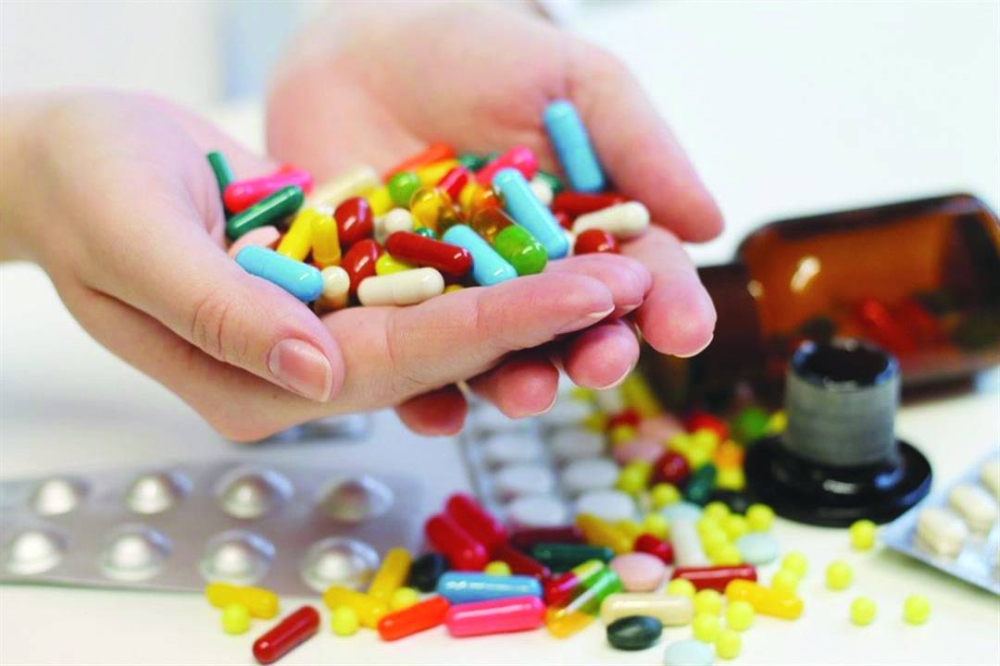When temperatures rise in places where medicines are stored, the expiry and potency of the stored medicines will be affected, an official from the Primary Health Care Corporation (PHCC) has cautioned.
Each medicine has an optimal storage temperature and if not stored properly, it may lose its potency and alter into a toxic substance, Dr Ahmed Mohamed Ali Yusuf, pharmacy supervisor at West Bay Health Centre, said.
Dr Yusuf said that pharmaceutical manufacturers mention on the packets the temperature required to keep and store medicines. "Some medicines require storage at a temperature between 2-8C, while many medicines can be stored at a temperature not more than 25C and some at a temperature not more than 30C."
“Medicines may change by exposure to extreme temperature and high humidity, making them less effective before the expiry dates indicated on their packaging. Capsules, powders, creams, ointments, tablets, injectors and many kinds of pharmaceutical compounds may become degraded,” he explained.
According to Dr Yusuf, medicines that are more sensitive to high temperature are: antidepressants; nitroglycerin; inhaled medications; insulin and other injections; liquid antibiotics and other syrups and blood glucose or pregnancy test strips.
He said: "Some pharmacies use heat-insulating bags, ice bags or small containers that are easy to transport and used to store medicines that are sensitive to heat and humidity to protect pills or tablets against heat and humidity."
He also cautioned not to store medicines in bathrooms or in first aid boxes in bathrooms. “Bathrooms are not a suitable place to store medicines due to high temperature and humidity. The best option is to have a cabinet out of reach of children, sunlight and any heat source,” he said.
“While travelling, keep your medicines in the car away from sunlight, pack the medicines that need to stay cool in a small chiller with an ice and thermal pack, and bring only enough amount of medicines to last the entire travel. Pack medicines that need cooling in a small chiller and place it on the top of the handbag for easy intake and examining, as well as having a thermometer to help you check and monitor the medicine’s temperature,” he advised.
"Some signs indicate the medicine has become unusable and has lost its therapeutic effect. Those signs are: the pill or capsule is cracked; there is a change in colour or smell; the drug has become smoother or thicker in its appearance compared to its normal and there is a change in the medicine liquidity or viscosity compared to its normal,” said Dr Yusuf.

Expiry and potency of stored medicines will be affected by exposure to high heat.
